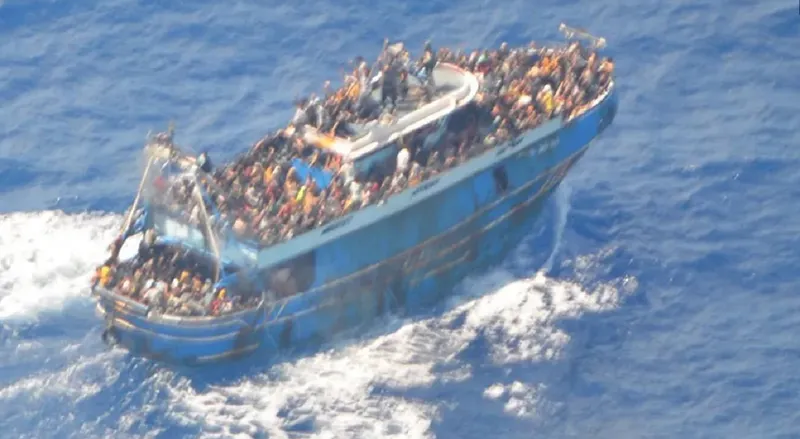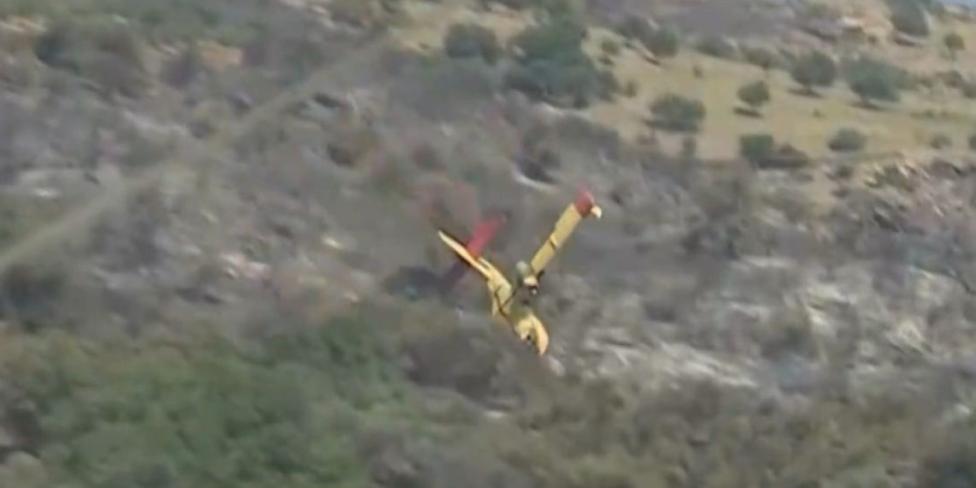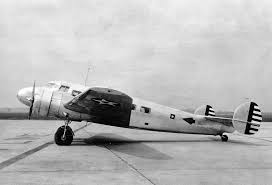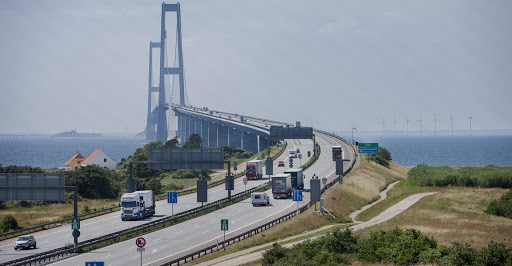Traffic accidents in Greece
Traffic accidents are common throughout Greece, as well as across the entire Balkan Peninsula and its surroundings. They are characterized by various causes, most frequently excessive speed, as well as driving under the influence of alcohol or intoxicating substances. Another significant factor is the increased tourist traffic during holiday days. According to the latest data from the World Health Organization (WHO) in 2020, Greece accounted for 0.86 percent of the total number of deaths in road accidents. This applies to both residents and tourists visiting the country.


Train collision
This accident involved a collision between two trains: a freight train and a passenger train. It occurred last year, during the night from February 28th to March 1st, near Larissa in Greece. Unfortunately, 43 people lost their lives in this accident. The passenger train was traveling from Athens to Thessaloniki. The cause of the collision was attributed to a “tragic human error,” which led both trains to be on the same track, resulting in the collision and derailment. Six train cars caught fire, and the impact of the collision even threw some victims up to 40 meters away from the scene. Authorities eventually arrested the station master, and investigators are still trying to determine what caused the change in tracks that led to the collision.
Tragedy of migrants
On June 14, 2023, a boat carrying approximately 750 migrants from Africa sank near the Greek coast, close to the town of Pylos. The boat was supposed to reach Italy. According to survivors, the vessel was overloaded and in poor condition (its engine had repeatedly shut down). Only 104 people survived the tragedy. Search and rescue teams found 82 bodies, while over 500 individuals were declared missing.


Plane crash
Christos Moulas and Periklis Stefanidis – these two pilots lost their lives in the aviation disaster of a firefighting plane in July 2023 on Tuesday. The incident occurred in the village of Platanisto, near the town of Karistos in southern Greece. The pilots crashed into a mountain while extinguishing a fire that was devastating numerous forests. The entire event was observed by an ERT camera.
The tragedy of a Pole in Greece
The air disaster near Malakasa occurred on December 1, 1936, near the town of Malakasa in Greece, approximately 45 km north of Athens. The incident involved a ten-seat passenger plane, the LOT Polish Airlines Lockheed Electra, during the second leg of its scheduled flight from Warsaw to Athens with a stopover in Bucharest. The aircraft was one of four purchased by LOT at the beginning of 1936. While flying, the plane had to reduce its speed due to foggy conditions in the mountainous terrain between Thessaloniki and Athens. At an altitude of about 1000 meters, it collided with the mountaintop and crashed, striking a tree with its wing. A special government commission investigated the disaster. Among the casualties was Józef Bargiel, the winner of the 1928 National Light Aircraft Contest, who had flown over 500,000 km in air travel. Radiotelegraph operator A. Życzewski was injured, but the passengers did not sustain serious injuries. The Polish authorities honored pilot Bargiel for his assistance to the affected residents of Malakasa with the Cross of Merit, and a monument commemorating his name was erected in Malakasa.


Consequences of traffic accidents
Road accidents in Greece can have tragic consequences, including death, serious injuries, and significant property damage. During the peak tourist season, local emergency services must cope with high demand for interventions
In order to reduce the number and impact of road accidents, local authorities in Greece are taking several measures:
Improving Road Infrastructure: Enhancing safety through road modernization and better lighting.
Information and Educational Campaigns: Raising driver awareness about road safety by conducting targeted campaigns


Increased Police Checks: There are more frequent speed checks, sobriety tests, and stricter enforcement of traffic regulations, especially during peak tourist seasons.
Taking these actions is essential to ensure the safety of both residents and tourists in the Greece. Local authorities continue to prioritize road safety for the well-being of all road users.

Project was made by:
Aleksandra Koszyk, Wiktoria Suchecka, Julia Śmiałkowska, Mateusz Dobrowolski, Antoni Głaz, Piotr Kowalczuk
